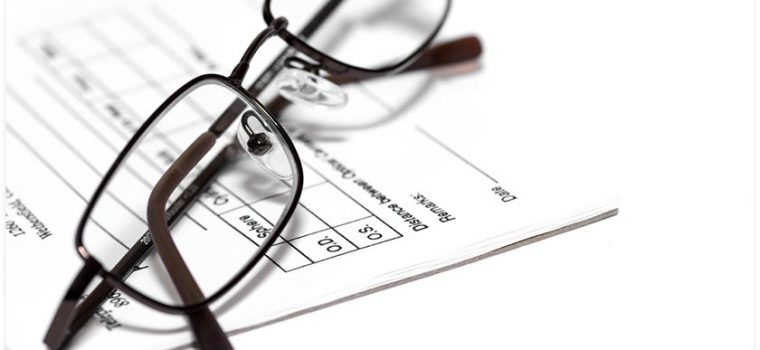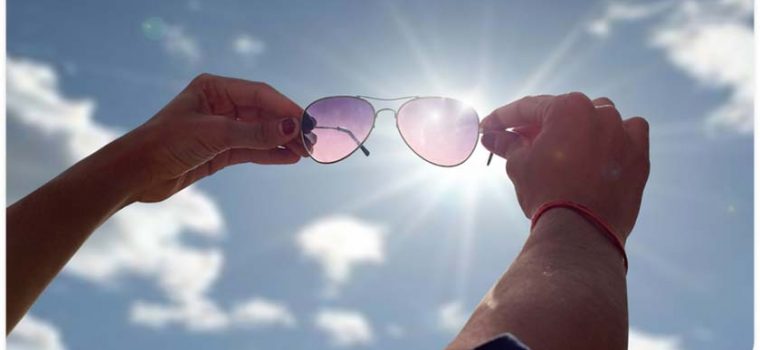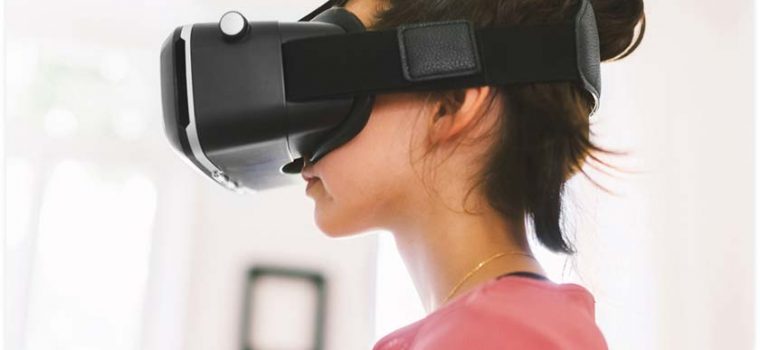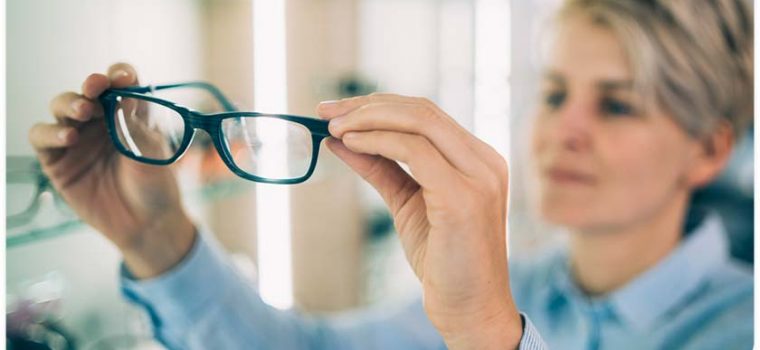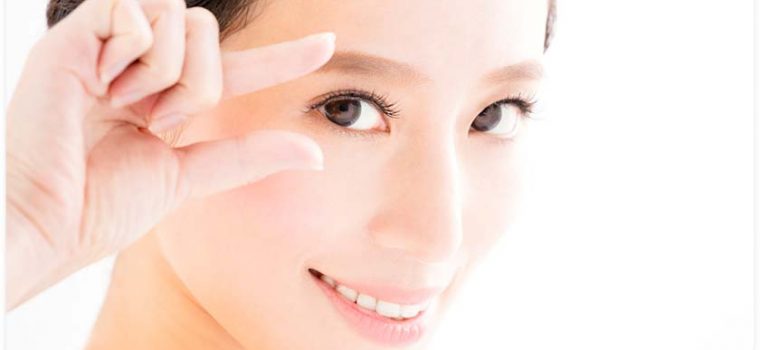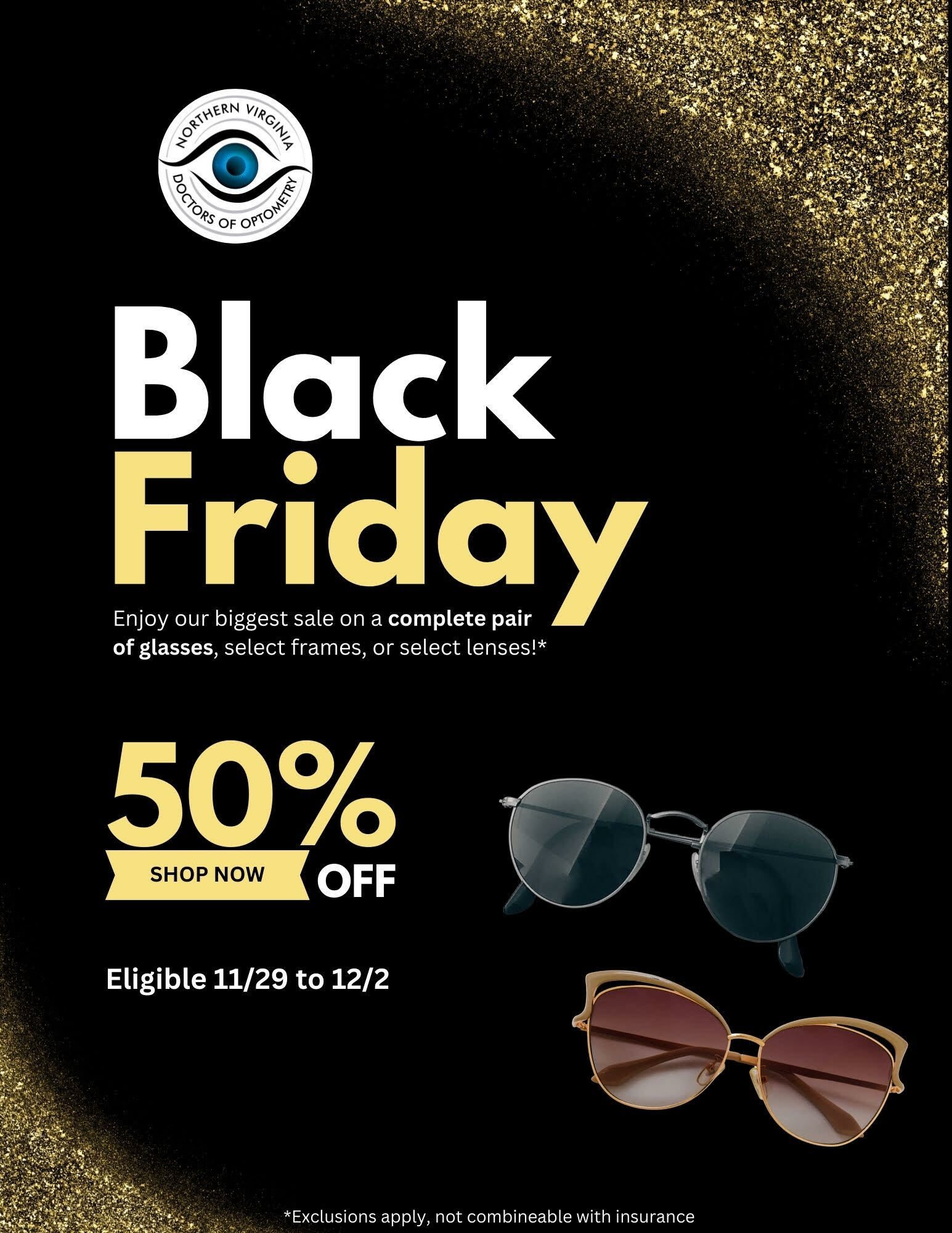Your doctor might measure your pupillary distance (PD) during your eye exam. This measurement refers to the distance between your eyes. If not measured right, you could end up with the wrong prescription, resulting in discomfort, eye strain and headaches.
7 Myths About Sunglasses
Wearing sunglasses does not only make you look good; it offers ultraviolet (UV) protection for your eyes too. However, you may not be getting the most out of your shades because of some common misconceptions about this type of eyewear.
Are VR Headsets Harmful to Your Eyes?
Virtual reality (VR) headsets make you feel like you’re part of a new world. However, they have some drawbacks, including possible complications for your eyes. To ensure your eyes remain healthy while you’re using VR, here are a few facts that you should know.
What You Need to Know About Ocular Hypertension
Intraocular pressure (IOP) refers to the pressure in your eyes. When that pressure is unusually high, it causes ocular hypertension. Although ocular hypertension is not an eye disease, it is often an indicator of one’s risk of glaucoma. Ocular hypertension is commonly found in adults over 40. Race and family history are known risk factors […]
Leaving Your Contact Lenses in for Too Long: What Happens?
Contact lenses left in too long can have a negative effect on your eye health. Even if you rinse them regularly with a solution, overusing them can lead to complications in your eyesight. Protein deposits, microorganisms and allergens build up on your lenses over time. Once they get to your eyes, you may experience eye […]
Is It Time to Update Your Eye Prescription?
Wearing eyeglasses or contact lenses allows you to see clearly despite vision problems like nearsightedness or farsightedness. With the right prescription, a pair of these can give you years of near-perfect vision. However, you must keep in mind that your eyes change as you age, which means getting a new prescription is imperative.
How to Tell if You Need Progressive Lenses
Bifocal and trifocal lenses have a line through the center that separates each section of the lens. While this doesn’t always bother the wearer, some would prefer lenses that don’t have this distinguishing feature for cosmetic purposes. Called progressive lenses, they provide the same vision correction as their bifocal and trifocal counterparts.
Contact Lens Tips for People Who Are Always on the Go
Wearing contact lenses while living an active lifestyle may seem challenging, but these tips from Northern Virginia Doctors of Optometry will help make it easier for you to manage your needs. Here are some essential tips on how to make your contact lenses fit your on-the-go lifestyle.
Everything You Need to Know About Watery Eyes
Tears keep the eyes lubricated, making it easier for you to track objects and flush out foreign objects that get into your eyes. Tears contain salt and water that kills infections and moistens the eyes with every blink. But when your eyes become excessively watery, it could be due to an underlying problem that might […]
3 Types of People Who Need Extra UV Eye Protection
Ultraviolet (UV) radiation is bad for your eyes. Long-term exposure can lead to various eye conditions, such as keratitis, pterygia, pinguecula and cataracts, among others. Some people are more vulnerable to the sun’s UV rays, including children, construction workers and contact lens wearers.
- « Previous Page
- 1
- …
- 3
- 4
- 5
- 6
- 7
- …
- 11
- Next Page »

